Ilya Kaminsky's Literary Journal Rundown
San Diego-based P&W-supported poet and presenter of literary events Ilya Kaminsky, author of Dancing in Odessa and co-editor of Ecco Anthology of International Poetry blogs about San Diego literary journals.
Among the literary presses and journals in San Diego is Sandra and Ben Doller’s 1913 press and 1913: a journal of forms. Founded almost ten years ago, the press and journal publishes some of the most innovative writing around—Eleanor Antin, Jerome Rothenberg, Rae Armantrout, Cole Swensen, John Yau, Claudia Rankine, John Keene, and Sawako Nakayasu, among others. Sandra and Ben Doller, important contemporary poets in their own right, are very generous to donate their time and resources to make this literary feast happen in San Diego.
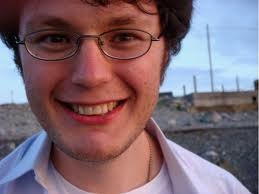 Another exciting literary journal published in San Diego is the P&W-supported California Journal of Poetics. This beautiful online journal that includes interviews, reviews, literary panels and conversations is presented with a profound desire to expand the literary discussion in new ways. Recent issues include interviews with longtime P&W-supported poet Robert Pinsky and a profile of Tomas Transtromer.
Another exciting literary journal published in San Diego is the P&W-supported California Journal of Poetics. This beautiful online journal that includes interviews, reviews, literary panels and conversations is presented with a profound desire to expand the literary discussion in new ways. Recent issues include interviews with longtime P&W-supported poet Robert Pinsky and a profile of Tomas Transtromer.
Certainly the oldest literary journal in San Diego, Fiction International, was conceived almost twenty years ago, and is considered one of the country’s leading literary publications. Having published such greats as Clarice Lispector, Allen Ginsberg, Kathy Acker, J.M. Coetzee, and many others, Fiction International promotes honest, musical, literary prose.
One is pleased to see that there are new journals and presses being launched in San Diego, even at this time of deep economic uncertainty. Just last week, I heard about the new national journal for undergraduates with a particular emphasis on literature in translation, Alchemy: Journal of Translation @ UCSD (University of California San Diego). The journal was founded by Amelia Glaser, a talented translator and first-rate scholar of Slavic and Yiddish literature!
Photo: Ilya Kaminsky.
Major support for Readings/Workshops events in California is provided by The James Irvine Foundation. Additional support comes from the Friends of Poets & Writers.






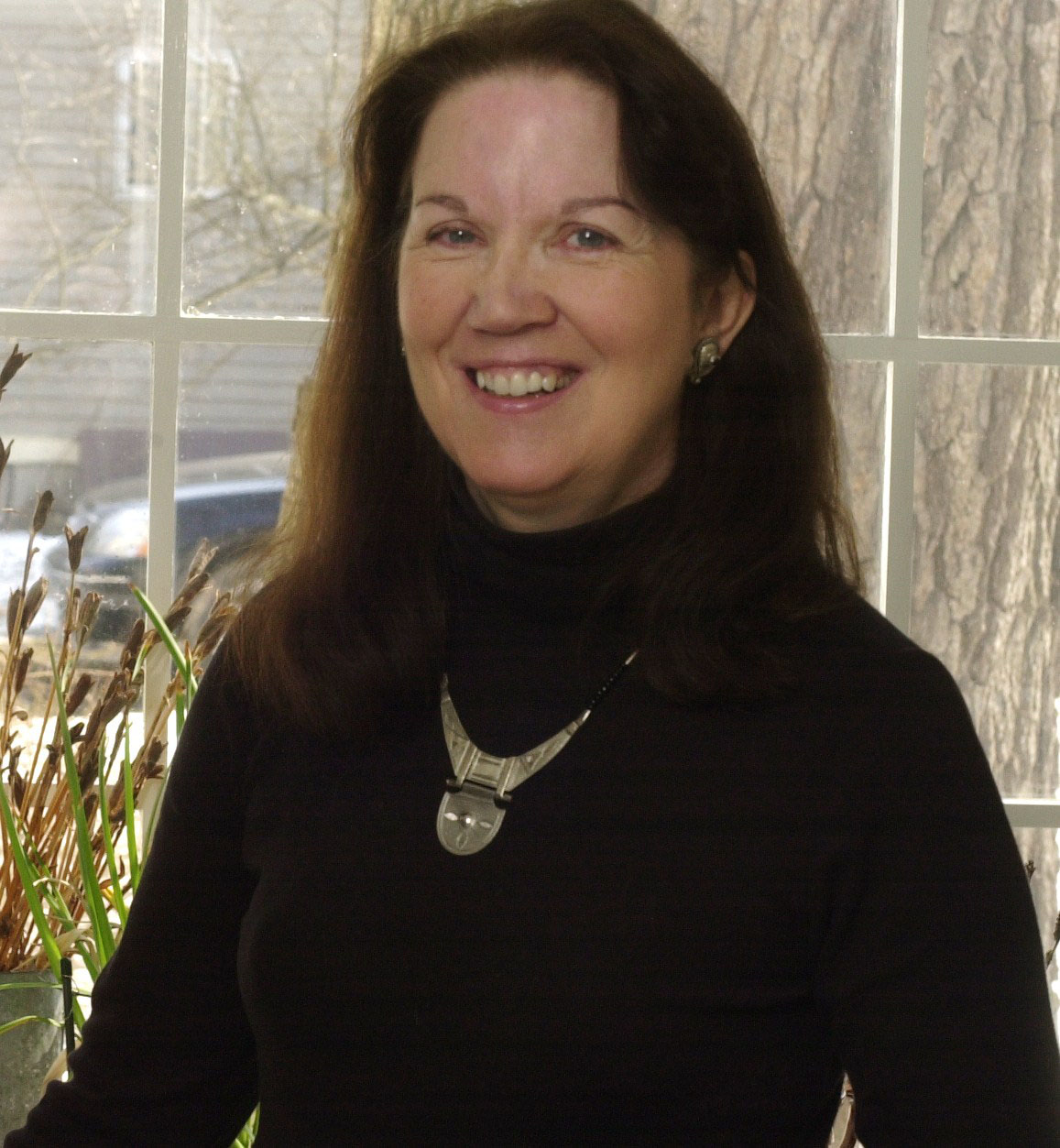 What they meant was: "Which college are you teaching at?" I'd been teaching college in New York City, and with my publishing credits, people assumed I must be at a college there. It still mystifies me how people can believe that teaching eighteen-year-olds at a college is prestigious and important, while teaching seventeen-year-olds or seventy-year-olds in the community isn't. At one of the first readings I did in Buffalo, I was introduced as having poems in the Atlantic Monthly, and Harper's, which made someone say, "What are you doing here? "
What they meant was: "Which college are you teaching at?" I'd been teaching college in New York City, and with my publishing credits, people assumed I must be at a college there. It still mystifies me how people can believe that teaching eighteen-year-olds at a college is prestigious and important, while teaching seventeen-year-olds or seventy-year-olds in the community isn't. At one of the first readings I did in Buffalo, I was introduced as having poems in the Atlantic Monthly, and Harper's, which made someone say, "What are you doing here? "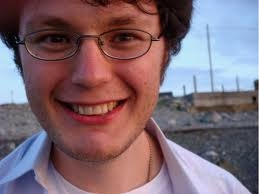 One Red Hen book I read recently moved me, the new novel by P&W-supported writer David Matlin, “A HalfMan Dreaming”—a second installment in his epic trilogy about the beauty and violence of the American landscape. Lupe, a protagonist is taken from the world of rose farms and egg ranchers in post-World War Two America, from a town haunted by the Enola gay and the nuclear Bomb, to prison in Detroit. The book is as terrifying as it is gorgeous, with beautiful, sensuous prose.
One Red Hen book I read recently moved me, the new novel by P&W-supported writer David Matlin, “A HalfMan Dreaming”—a second installment in his epic trilogy about the beauty and violence of the American landscape. Lupe, a protagonist is taken from the world of rose farms and egg ranchers in post-World War Two America, from a town haunted by the Enola gay and the nuclear Bomb, to prison in Detroit. The book is as terrifying as it is gorgeous, with beautiful, sensuous prose. To write about their struggles, Johnson said, the participants had to have their “hearts wide open.” She asked that audience members reciprocate.
To write about their struggles, Johnson said, the participants had to have their “hearts wide open.” She asked that audience members reciprocate.  The work the press has done in barely one year is really astounding. The Anna Swir book, Building the Barricade, is a brilliant translation by Piotr Florczyk, who is fast becoming one of the best Polish translators. This book is filled with eros and witness.
The work the press has done in barely one year is really astounding. The Anna Swir book, Building the Barricade, is a brilliant translation by Piotr Florczyk, who is fast becoming one of the best Polish translators. This book is filled with eros and witness.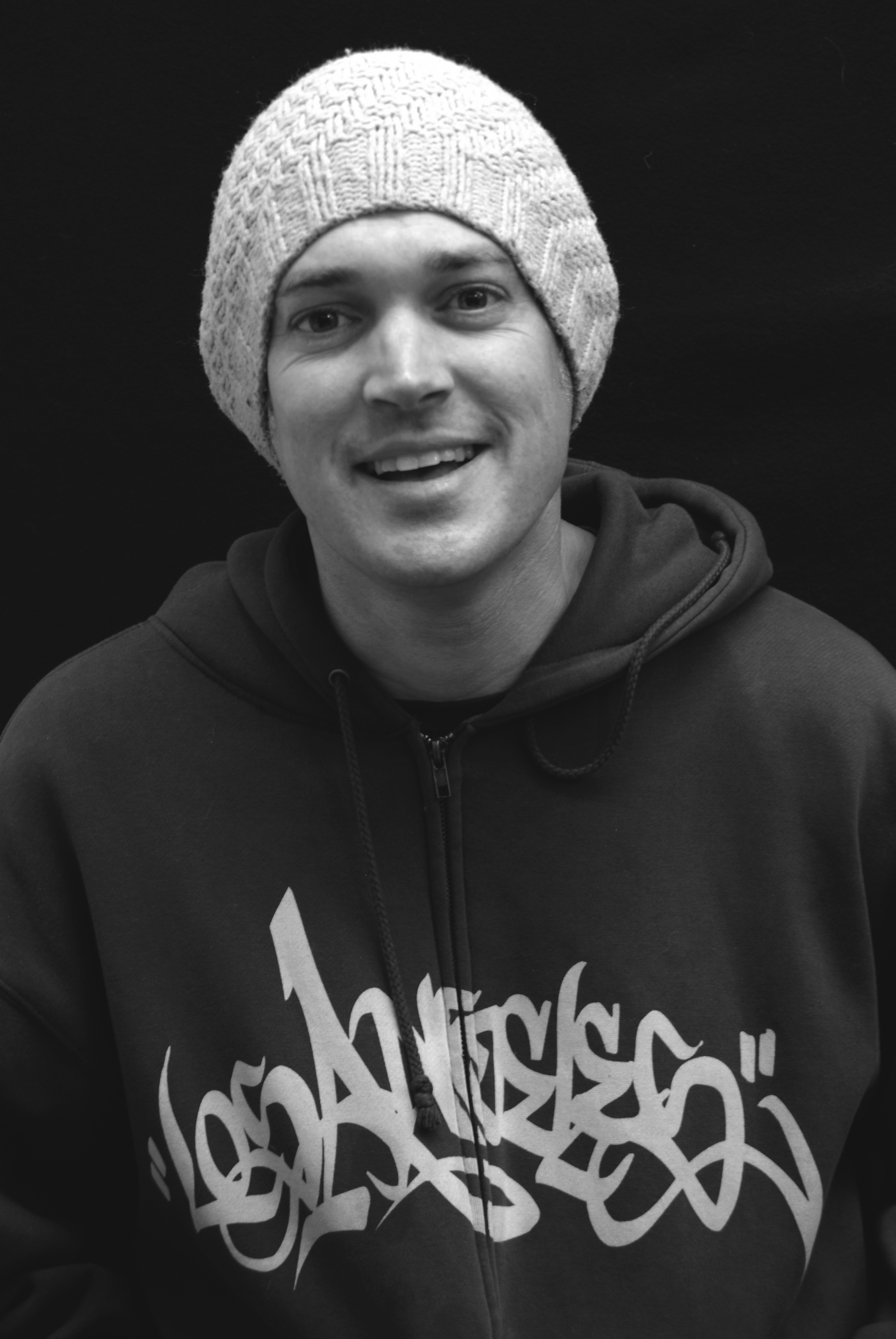 Meltzer's lines maintain haiku density throughout the work. In "California Dreamin" Meltzer riffs on his Bohemian days in the Golden State, celebrating Anita O'Day, Lord Buckley, Miles Davis, Coltrane, the Troubadour, and Hollywood Boulevard.
Meltzer's lines maintain haiku density throughout the work. In "California Dreamin" Meltzer riffs on his Bohemian days in the Golden State, celebrating Anita O'Day, Lord Buckley, Miles Davis, Coltrane, the Troubadour, and Hollywood Boulevard.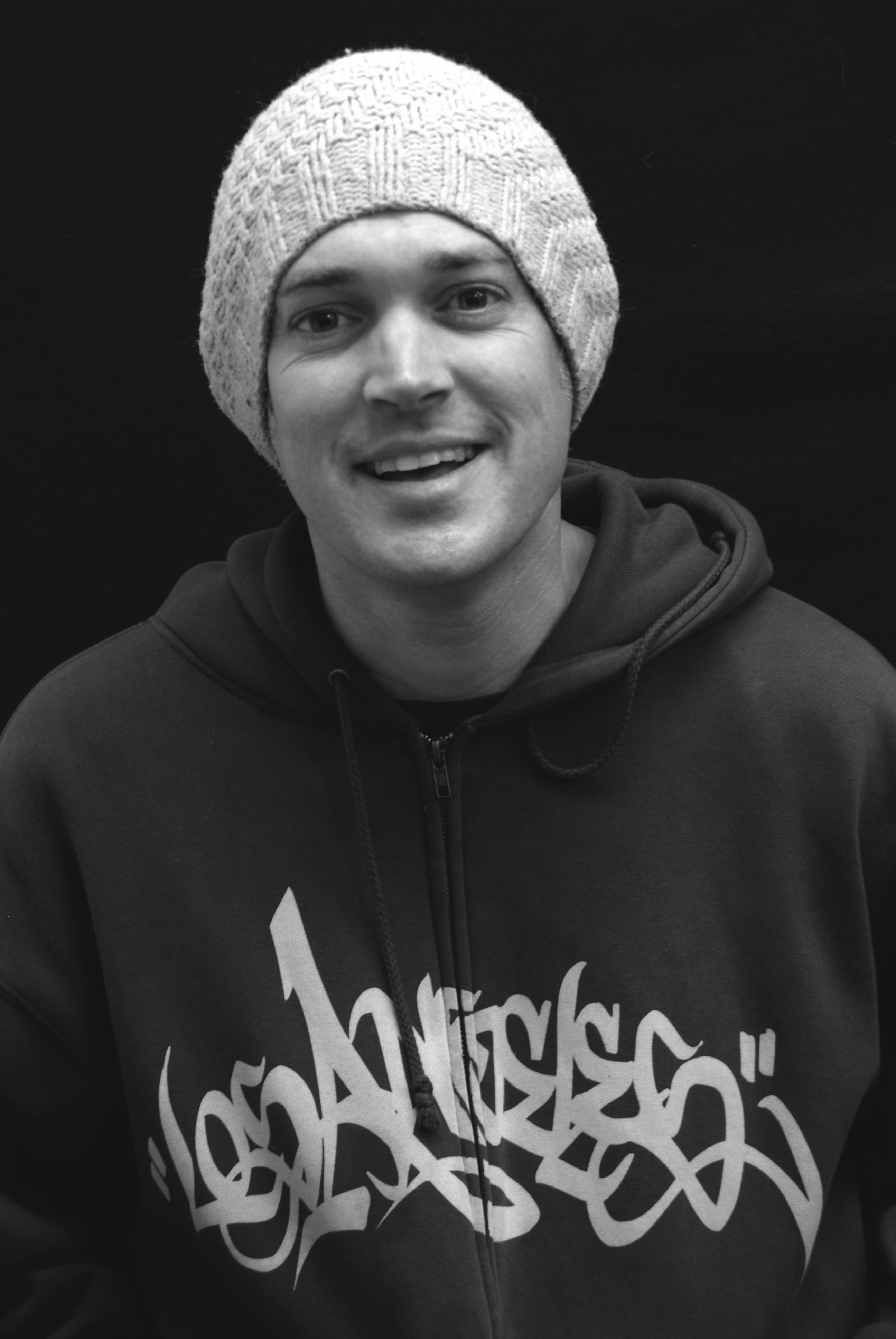 Her sharp poetics always hit with musicality, which is a great fit for the
Her sharp poetics always hit with musicality, which is a great fit for the